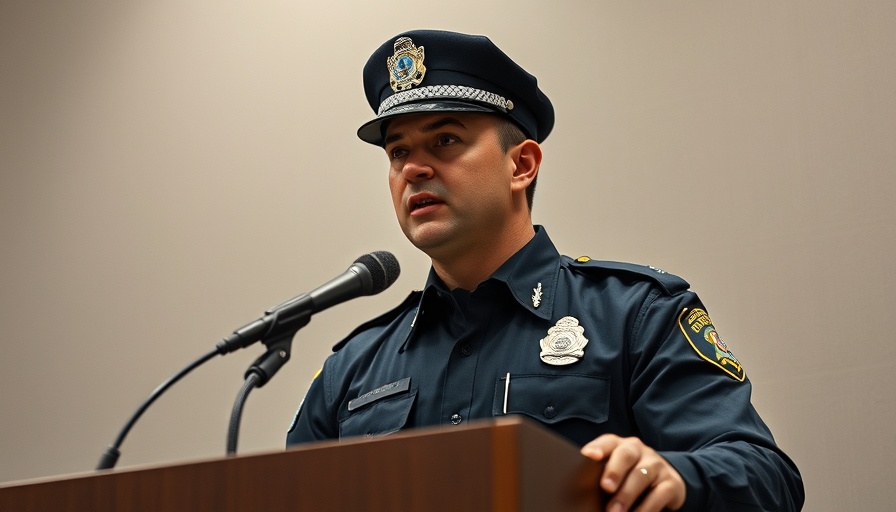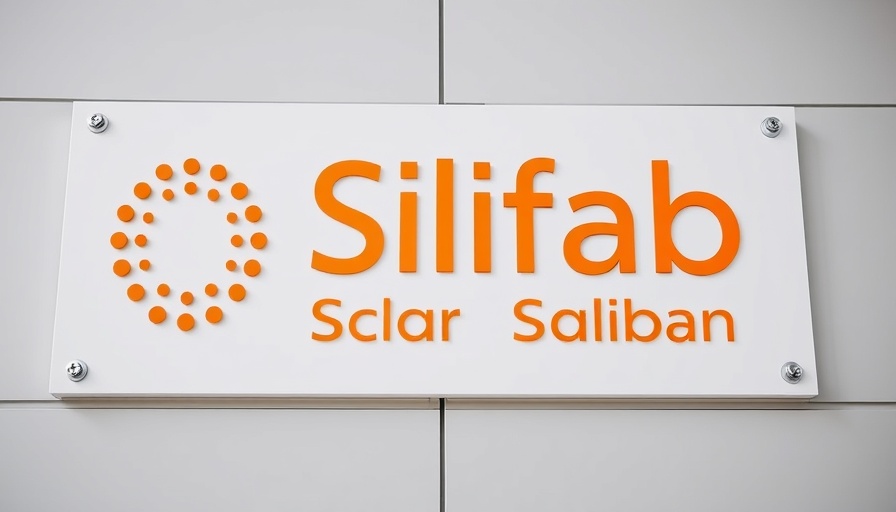
How NC's Experiment with ChatGPT is Shaping Government Efficiency
In a significant leap towards modernization, North Carolina has launched a bold 12-week pilot program collaborating with OpenAI's ChatGPT, within the Department of State Treasurer (DST). This initiative aims to track down millions of dollars in unclaimed property, highlighting the potential of artificial intelligence to improve governmental functions.
The Unclaimed Property Division, also known as NC Cash, has integrated ChatGPT into its operations, focusing on identifying and contacting businesses that may hold assets belonging to residents of North Carolina. Initial findings indicate that this integration is not just a technological upgrade but a potential game-changer for citizens hoping to reclaim lost property.
Bringing Government; Services Into the Future
State Treasurer Brad Briner emphasized the significance of utilizing vast amounts of public information stored within government databases. "Our team set out to find how we could modernize our department, while still providing top-notch service to folks across the state," said Briner. The pilot program not only serves as an operational enhancement but also demonstrates how AI can interact with public data responsibly.
The program's preliminary results underscore the promising efficiency gains in locating and connecting with businesses tied to dormant assets. This novel approach holds the possibility of accelerating the return of those unclaimed funds, allowing North Carolinians to benefit from what is inherently theirs.
Concerns About AI in Government
However, the integration of AI also raises significant concerns regarding privacy and accountability. Critics warn that while the advantages of such technology are tangible, they must not come at the cost of the public's trust. There are fears about potential risks associated with handling sensitive personal and financial data.
As the program progresses, the partnership with North Carolina Central University’s Institute for Artificial Intelligence will evaluate the operational and ethical outcomes of using AI in public administration. This examination is crucial to ensuring that technological advancements proceed with adequate oversight, transparency, and respect for citizens' rights.
The Path Ahead: Future Applications of AI
The pilot program's successes could pave the way for broader applications of AI within various state services, from health care management to urban planning. As cities continue to swell in populations, finding efficient, safer, and more transparent methods of governance will become increasingly vital.
North Carolina's forward-thinking steps could inspire other states to explore AI's potential benefits while addressing the apprehensions surrounding its use. In a data-heavy environment, the impetus for smart administrative tools is significant, offering the capability to harness analytics for better decision-making.
Engaging the Community's Perspective
The community's response to potential AI adoption could guide future conversations around technology’s role in public service. Charlotte residents and others across the state should remain engaged, offering their perspectives on this transformative journey. Understanding how AI could impact their daily lives remains vital for democratic accountability.
Bold Steps with Caution: AI’s Role in Our Future
While North Carolina demonstrates the promising capabilities of AI, it is imperative that local governments remain vigilant in balancing innovation with the protection of public interests. As we look towards the future, stakeholder consultations and informed discussions can ensure that AI serves as a tool for enhancing, rather than undermining, public trust and transparency in governance.
 Add Row
Add Row  Add
Add 




Write A Comment